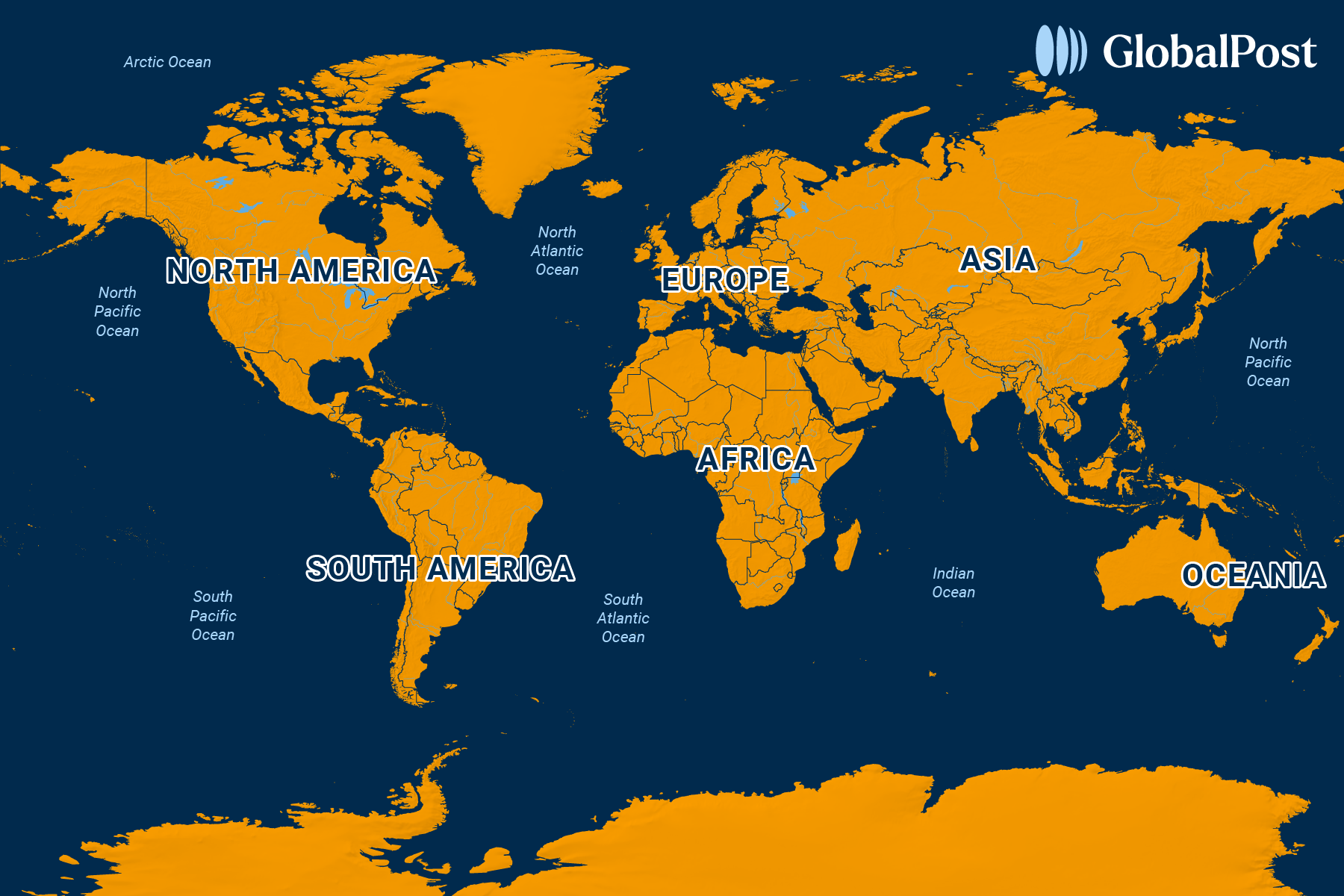China, Canada Counter US Tariffs, Mexico May Yet

China and Canada established retaliatory tariffs against the United States on Tuesday, while Mexico threatened to do so, escalating trade tensions after Washington imposed sweeping new levies on imports from its top trading partners, NBC News reported.
On Tuesday, Washington imposed a 25 percent tariff on Canadian and Mexican goods and an additional 10 percent on Chinese imports.
These three countries account for more than 40 percent of total US imports and are also the US’ top three export markets.
The move prompted immediate reaction from Beijing and Ottawa: China responded by imposing tariffs of up to 15 percent on US agricultural products, including wheat, corn, pork, and soybeans.
Canada introduced 25 percent levies on around $78 billion worth of American goods, with phased implementation over the next 21 days.
Later on Tuesday, Mexican President Claudia Sheinbaum said the country would also respond with retaliatory tariffs but the details would be released later, possibly Sunday, adding, “we are going to wait” until she and President Trump have talks, most likely Thursday.
Chinese Foreign Ministry spokesperson Lin Jian condemned the US tariffs, calling them “bullying and hegemonic tactics.” He warned that Beijing would “fight to the end” if Washington continued its trade war. In addition to tariffs, China placed 10 US companies on its “unreliable entity” list and initiated a lawsuit against Washington at the World Trade Organization.
Canadian Prime Minister Justin Trudeau criticized the tariffs as harmful to American consumers, claiming that they violate the US-Mexico-Canada Agreement (USMCA), agreed by the three countries in 2019 during the first Trump administration. Doug Ford, premier of Canada’s Ontario province, also threatened to retaliate by halting electricity and nickel exports to the US.
The tariffs follow allegations by the Trump administration that the three countries have failed to curb the international trafficking of fentanyl and other illicit drugs.
However, Beijing officials countered that China has already implemented tough measures to prohibit the production and smuggling of fentanyl-related substances, adding that the source of the American opioid crisis lies in the US, the Wall Street Journal wrote.
Canadian authorities, meanwhile, questioned US accusations, insisting that Canada has virtually no role in the international trafficking of the drug.
According to US customs data, only 0.2 percent of fentanyl seized at the US border in 2024 came from Canada.
Observers warn that the tit-for-tat tariffs could disrupt supply chains, raise consumer prices, and deepen economic uncertainty as negotiations between the three nations stall.
The trade dispute has already rattled financial markets Monday, with the Dow Jones Industrial Average dropping 650 points (-1.48 percent) and the S&P 500 falling 1.76 percent – marking its worst performance this year.
Asian markets also reacted negatively, with Japan’s Nikkei declining nearly two percent.

Subscribe today and GlobalPost will be in your inbox the next weekday morning
Join us today and pay only $46 for an annual subscription, or less than $4 a month for our unique insights into crucial developments on the world stage. It’s by far the best investment you can make to expand your knowledge of the world.
And you get a free two-week trial with no obligation to continue.
